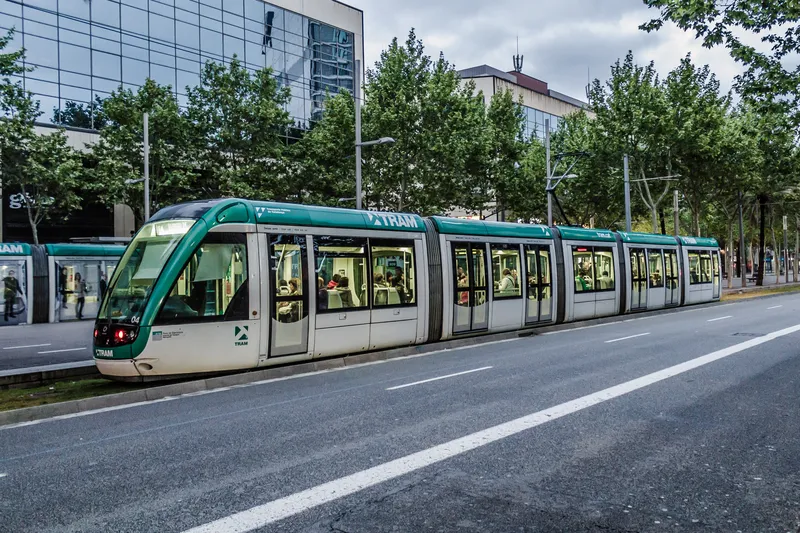Spanish construction and infrastructure company COMSA is to build the 14 kilometres of double-lane tramway in Odense, Denmark, as it seeks to expand its presence in northern Europe. The company will be responsible for the construction and commissioning of more than 14 kilometres of double-lane tramway between the districts of Tarup Centro and Hjallese, together with the execution of the 26 stations that will form the line. The contract, valued at US$175 million (€158 million), also includes the execution of
May 18, 2017
Read time: 1 min
Spanish construction and infrastructure company COMSA is to build the 14 kilometres of double-lane tramway in Odense, Denmark, as it seeks to expand its presence in northern Europe.
The company will be responsible for the construction and commissioning of more than 14 kilometres of double-lane tramway between the districts of Tarup Centro and Hjallese, together with the execution of the 26 stations that will form the line.
The contract, valued at US$175 million (€158 million), also includes the execution of the catenary, signaling works, telecommunications, a control and maintenance centre, as well as the tests prior to the start of the service.









